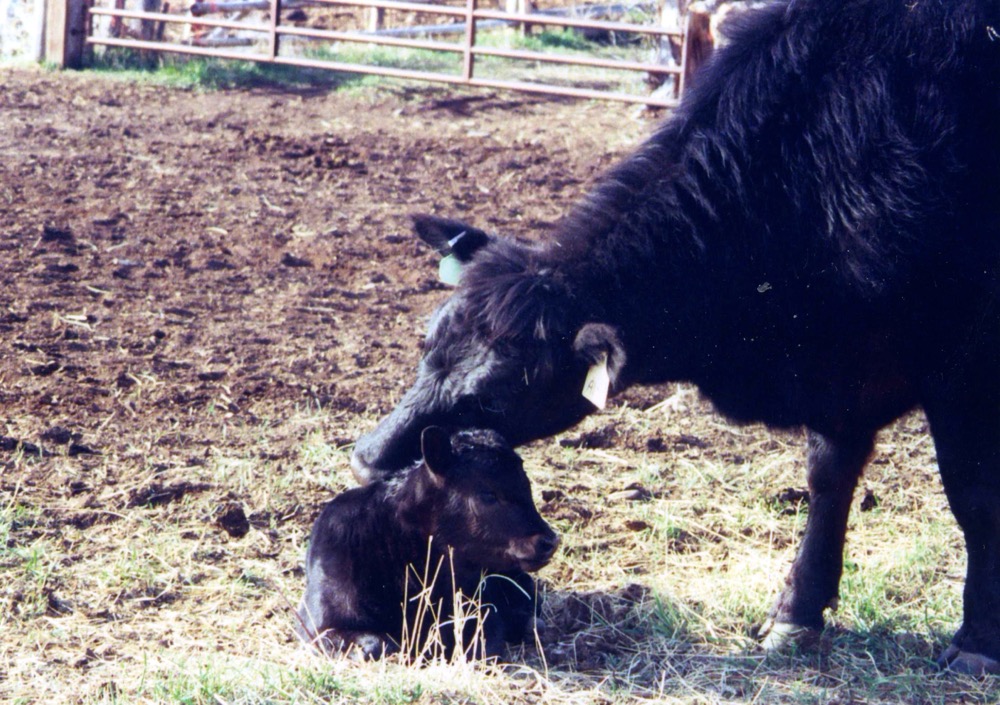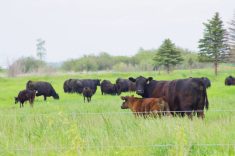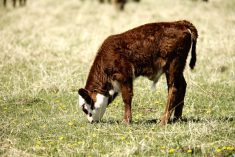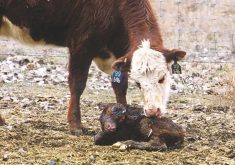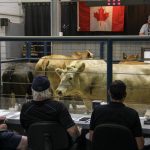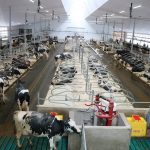When some beef producers see the amount of record keeping done by purebred operations or participants in VBP+, they may thank their lucky stars that they don’t have to do the same.
But experts at the Beef Cattle Research Council would say that genetic record keeping doesn’t have to be cumbersome for cow-calf or commercial producers, and there will soon be a course to get them started.
The key is to start by identifying an operation’s most valuable data sets and then keep things simple, the organization says.
Read Also
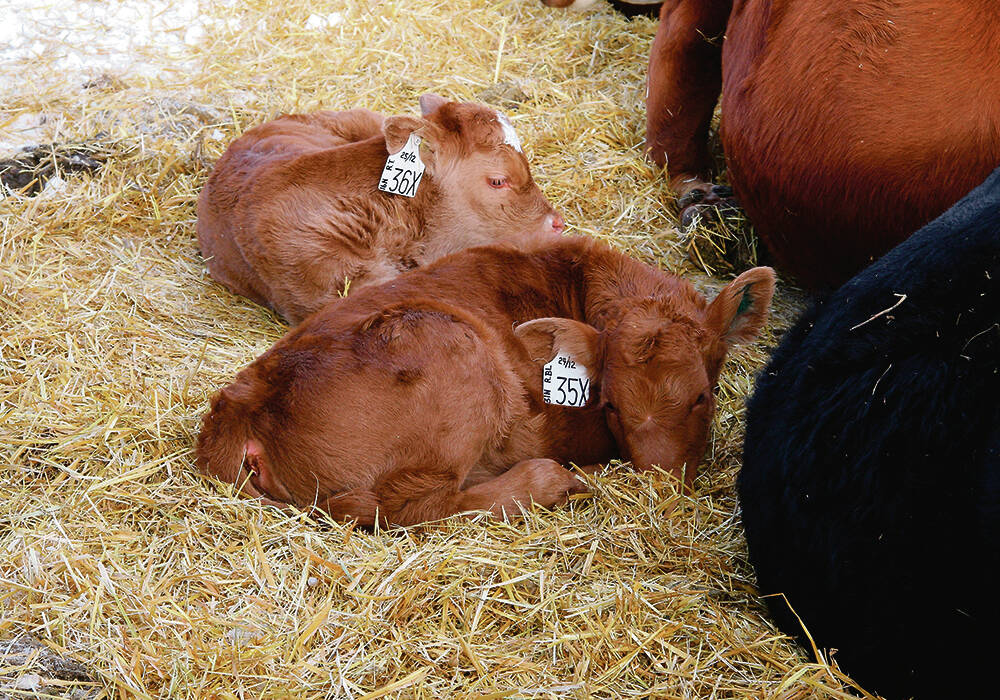
Biosecurity during calving: What’s your farm’s risk?
Cow-calf producers in Western Canada should have a well-designed plan for winter confinement period to reduce disease risks to herd.

“I think the bottom line for record keeping for genetics and record keeping in general is that you can start small. You don’t have to take on a whole big system all in one afternoon,” said Ellen Crane, BCRC extension co-ordinator.
“It’s starting somewhere that makes sense for you and identifying some goals for your operation so that you’re not chasing your own tail, so to speak. Then, you’re able to make measurable choices and decisions that hopefully will have positive impact on performance and, at the end of the day, improve the bottom line.”
Class in session
The course will be the latest in a range of tools the BCRC already offers to help producers backstop decisions with data.
Launching in January, the Cow-Calf Record-Keeping Course for Tracking Genetic Improvements will be a six-part program that walks producers through the process of tracking genetic improvements using practical record-keeping.
Producers will not have to carve any set class times from their schedules. The program is meant to be taken at the participant’s own pace, with content emailed in digestible bites every few days. Those materials cover topics like the rationale for keeping records, different system options, goalsetting and turning information into action.
“You can set it up so that it delivers as frequently as you want it to. If you want to see one email a week or two emails a week, that’s up to you,” said Crane.
“But the idea is to try and break down the record-keeping resources that we have so that it’s in bite-sized chunks. You might sit down one afternoon and do one section of the resource instead of trying to work through all of it in one sitting, maybe even go over it at a time in your production cycle that works better for you.”
Depth of data
Cow-calf genetic records don’t have to be comprehensive. Producers can focus on the types of data that are most pertinent to them.
That will largely consist of economically relevant traits directly associated with a source of revenue or a cost, according to the BCRC. That could include things like calving ease, weaning weight or heifer pregnancy weight.
A producer’s chosen traits will depend on their circumstances.
“Records are not a one-size-fits-all. If a producer has a buyer that is interested in another type of record, then those are going to be worth maintaining,” said Crane.
“If you know you’d like to improve your weaning weights, in addition to management, you could look for a bull that has the genetic potential to do that.”
The GOLD standard is one option to get producers started. This group of data categories stands for growth (growth of calves), open (number of open cows), length (length of calving season) and death (calf death loss).
“When it comes down to genetics or any records in general, the GOLD standards are really low-hanging fruit that any producer could be looking at,” said Crane. “They’re not just helpful for your production, but they indirectly go back to your genetics as well.”
The BCRC website at beefresearch.ca also lists other record keeping options.
“We try our best to outline the most practical [records] that make the most sense for producers,” said Crane.
The organization has tried to streamline available options to avoid overwhelming producers and “give you at least a decent starting point when trying to do record-keeping,” she added.
Crane also stressed the importance of simplicity.
“It isn’t a super easy topic to get your head wrapped around, but it doesn’t have to be so complicated.
“Especially for a commercial producer or a cow-calf producer wanting to keep better track of their genetics records, there can be some traits that are easier to keep track of and take some of this overwhelming aspect out of genetic records.”
More information on the BCRC course, and sign-up options, is available at beefresearch.ca.


